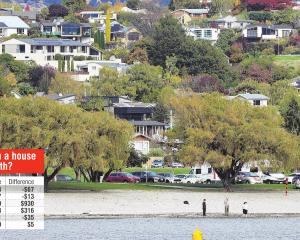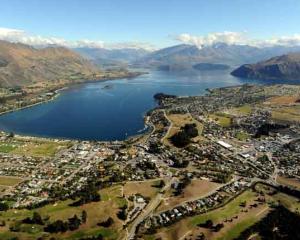On the Caribbean island of the Commonwealth of Dominica (not to be confused with the Dominican Republic) the species are turtles and among their predators are poachers.
Turtle meat and turtle soup have been consumed for centuries, to the point where sea turtle populations are in trouble.
Just how much trouble Dominica turtles are in is being spelt out in a series of videos by Wanaka documentary makers Richard Sidey and Aliscia Young, who call themselves Galaxiid.
They were invited by the Dominica Sea Turtle Conservation Organisation to tell the story of its efforts to save leatherback, green sea and hawksbill turtles.
"Unfortunately, their populations are in dramatic decline for a number of reasons but primarily it's because they are poached quite regularly," Mr Sidey said.
The turtles can weigh hundreds of kilograms and Mr Sidey said a single turtle can be worth "up to $10,000".
Mr Sidey said one of the problems in Dominica (pop. 71,000) was a lack of government protection.
"A fine for killing a turtle is only about $400, so it's really just a cost of doing business for many of these poachers."
One of the organisation's main activities is co-ordinating foot patrols of beaches during the nesting season, which lasts for "quite a few months".
"Dominica's got a lot of small beaches that are quite remote, and the foot patrols will spend all night walking the beaches every 30 minutes, just making sure there are no poachers around".
While filming leatherback turtles coming ashore to nest, Mr Sidey and Ms Young could often see the lights of poachers on the beach.
"The poachers are often armed with machetes and several rangers have been threatened or attacked.
"Nothing happened during our assignment but we were well aware of the dangers involved documenting this activity."
The couple's video The Last Turtle has been selected for the Wildlife Conservation Film Festival in New York in October.













